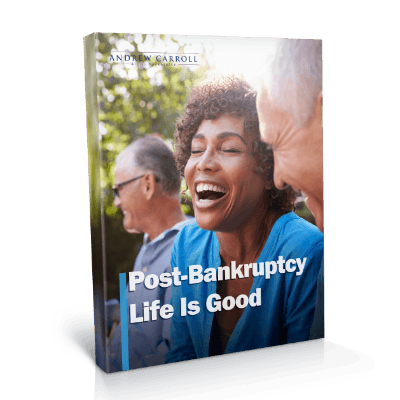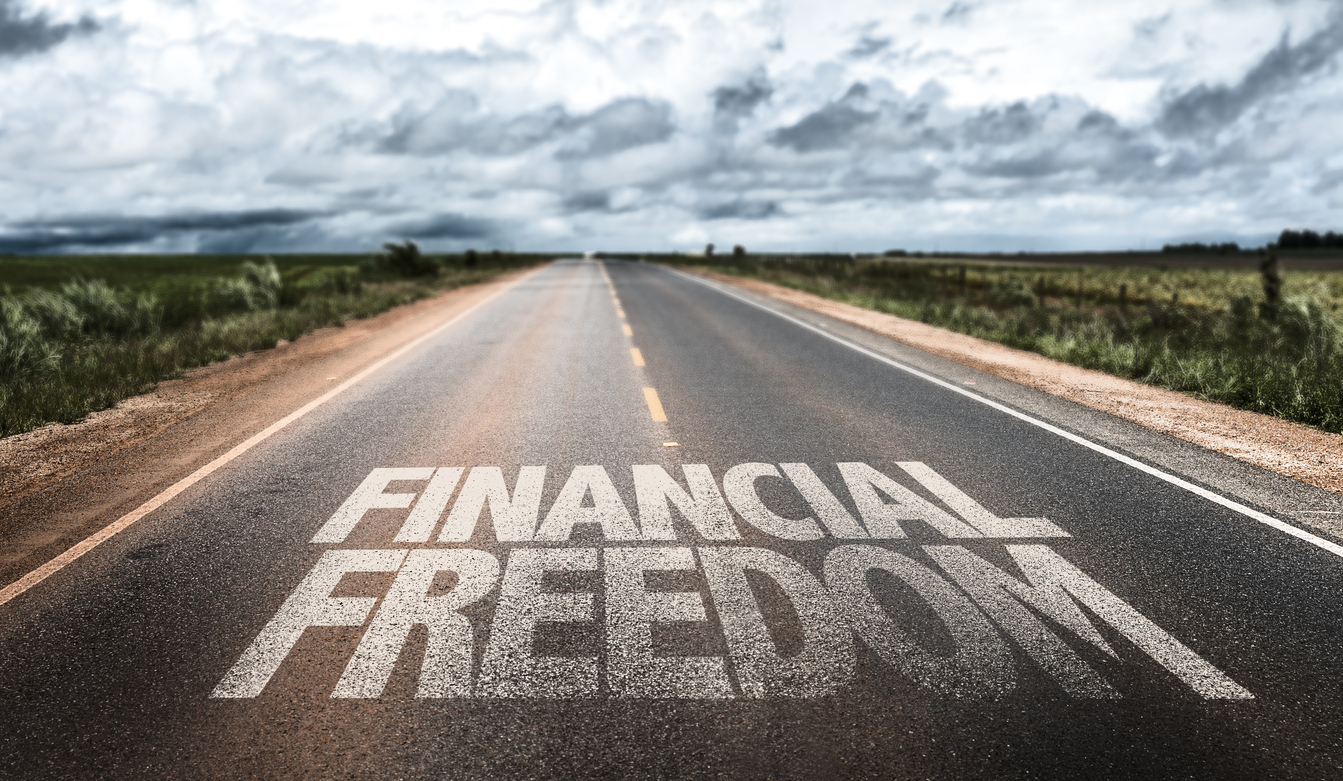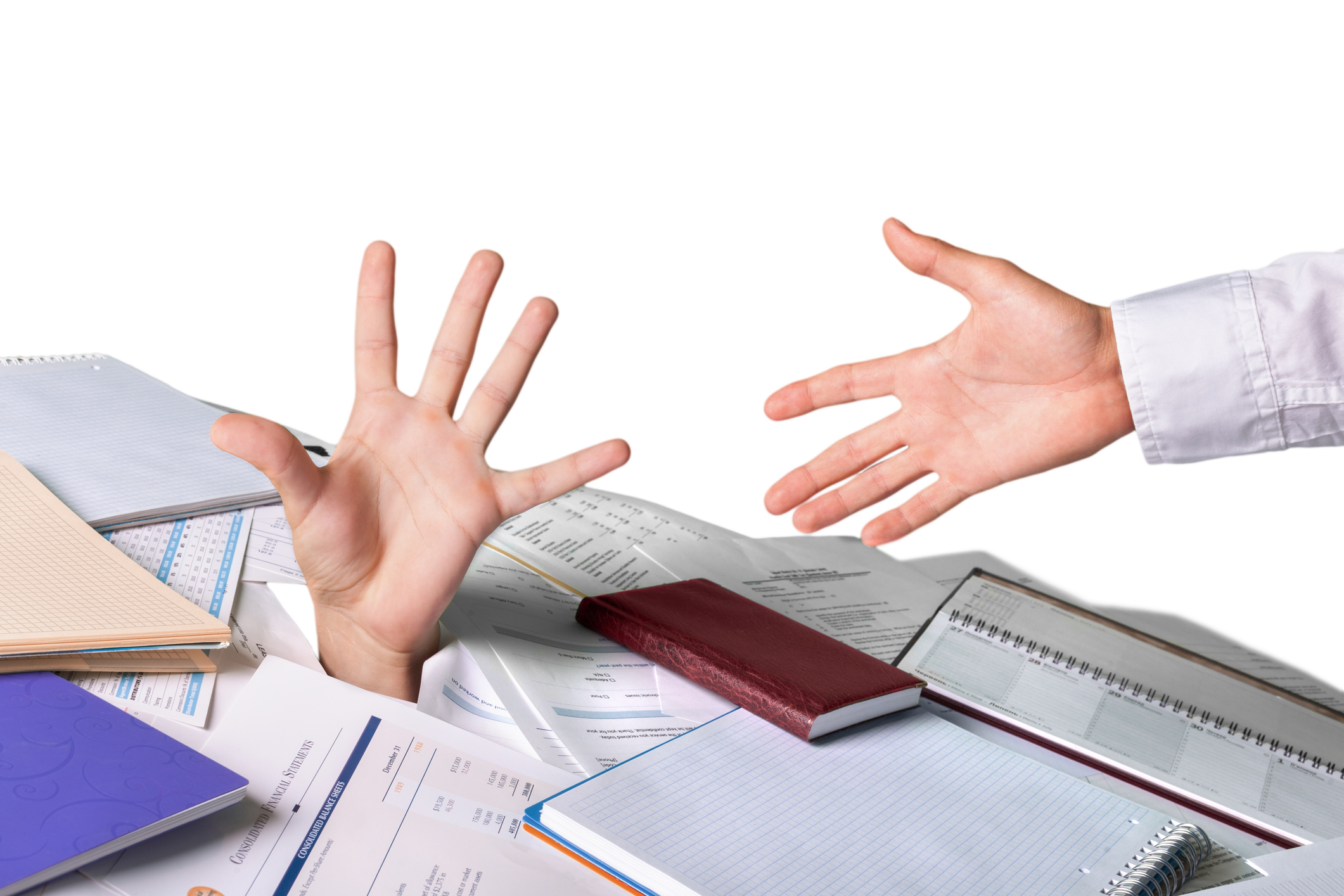South Jersey Chapter 7 Business Bankruptcy Attorney
Is your business struggling with the finances? This can be an enormous stressor. Our South Jersey chapter 7 business bankruptcy attorney is here to help you get the guidance you so badly need during this difficult time. We want to ease your stress by navigating you through the business bankruptcy process. Call us today to get started!
We urge you to reach out as soon as possible. The sooner you get started on managing your debt, the better. Face this problem head-on with the help of a trusted and dedicated lawyer.

Post-Bankruptcy Life is Good
Don’t make any stupid mistakes. Get this free guide.
Enter your information below for immediate access.
[thrive_leads id=’1498′]
What is Chapter 7 Business Bankruptcy?
Chapter 7 for businesses is often a good fit when the business can no longer carry on operations and meet its financial obligations. Filing will both wind up operations and put creditors on notice that the business either does not have the assets or does not have the ability to pay its debts. This process can save an insolvent business the time, expense and stress of enduring multiple lawsuits that might otherwise be filed by creditors.
Filing chapter 7 as a business can be both involved and complex. A South Jersey chapter 7 business bankruptcy attorney is critical to assist insolvent businesses with both preparation and filing to petition in the appropriate jurisdiction, along with ensuring all required schedules and statements are accounted for. We also represent our clients through the 341 creditors’ meeting and debtor examination, providing advice and counsel throughout the process. For business owners filing a Chapter 7 consumer bankruptcy, you may be able to keep your business and avoid the bankruptcy of your business.
Business bankruptcy lets you file and have another person come in and liquidate the assets related to your business in order to settle debts. That person will be the trustee of the case.
If you are a corporation or LLC, you are going to be looking at something completely different in terms of filing for bankruptcy than you would if you were filing as an individual. Bankruptcy allows business owners to have a trustee come in and handle the debts by liquidating some of their assets to repay the debt. The business will not continue operations as normal while the assets are being liquidated. Those liquidated assets are then going to go towards paying the creditors. You should be aware that anything that the company owns can be liquidated, as nothing is exempt.
After the process of liquidation is done and all of those assets that have been liquidated goes toward paying the creditors, there will be no more remaining debt for your business. The debts included in that are your leases, obligations, bills, overhead, contracts, credit cards, loans and anything else that you might be in debt for because of this business. The goal is to repay the debts as fully as possible. If the creditors are not paid fully after you have liquidated your assets, then you have no more responsibility for them and it’s on them that they do not have a full reimbursement for the money they loaned. If you are the business owner who did not fully repay because of lack of assets you would be completely off the hook, unless you have personal liability for the debt.
The theory goes that, if there’s money left over from paying off the debt through liquidated assets, the remaining debt is considered paid. You should know that a typical case of a business filing for Chapter 7 bankruptcy ends up with the assets being less than the debts and the owners of the business being left with nothing.
What Should Sole LLC or Corporation Owners Know About Bankruptcy?
if you owned your corporation or LLC by yourself, it might be an excellent solution to file for Chapter 7 bankruptcy for your debts privately owned and owned as your business. Your trustee who is assigned to your bankruptcy case might make the choice to take over your business in order to liquidate it and dissolve it for you. If you filed for Chapter 7 for your personal debt, then the debt you have for your business would be separate.
Business Bankruptcy Vs Personal Liability
If you are someone who is personally liable for your business and their debts, then you need to know that even after the business goes through bankruptcy you are still responsible. You will have to go through the process of chapter 7 personal bankruptcy in order to get rid of your personal liability for those business debts. If you don’t do this, the creditors can still pursue you looking for the full repayment. It doesn’t matter if the business is closed and done for, if you are personally liable you are going to be approached by debt collectors.
Contact Our South Jersey chapter 7 business bankruptcy attorney Today
If you are facing financial difficulties and mounting debt, we can help restore you to positive financial health. Contact us for a free initial consultation to discuss your options under bankruptcy law.



